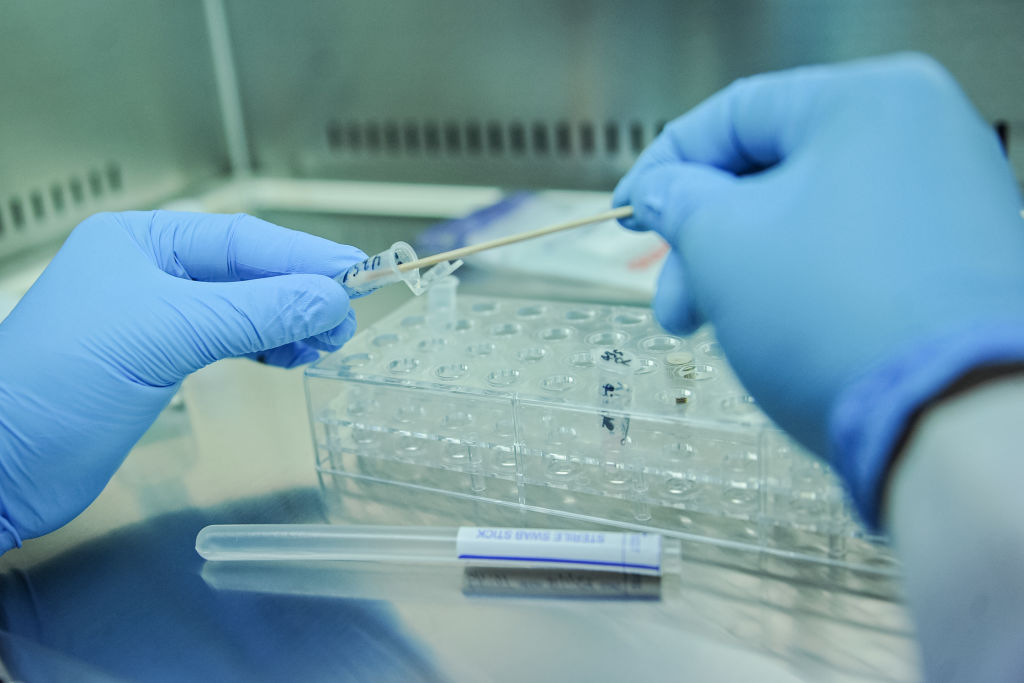A new bill proposed in Arizona would ask applicants for certain jobs to provide a sample of their DNA to the state and pay a $250 processing fee.
Introduced by Republican Senator David Livingston, Bill 1475 would apply to anyone in Arizona who is required to be fingerprinted for a government job.
That means everyone from teachers to police officers to day care workers, would need to submit their DNA and fingerprints to be stored in a database maintained by the Department of Public Safety.
Along with the DNA and fingerprints, the database would also include the person’s name, Social Security number, date of birth and last known address.
The bill would also authorize the county medical examiner’s offices to take DNA from any bodies that come into their possession to add to the database.
As for the collected DNA data, it would be accessed by law enforcement for use in a criminal investigation or provided to someone conducting “legitimate research.”
According to the Arizona Republic, “it could also be shared with other government agencies across the country for licensing, death registration, to identify a missing person or to determine someone’s real name.”
Under current Arizona law, DNA is collected from anyone convicted of a felony or a misdemeanor sex crime.
This article was featured in the InsideHook newsletter. Sign up now.
























